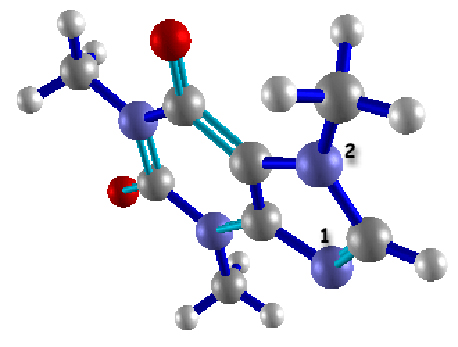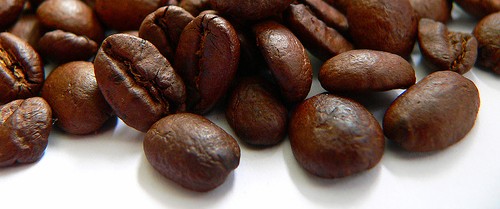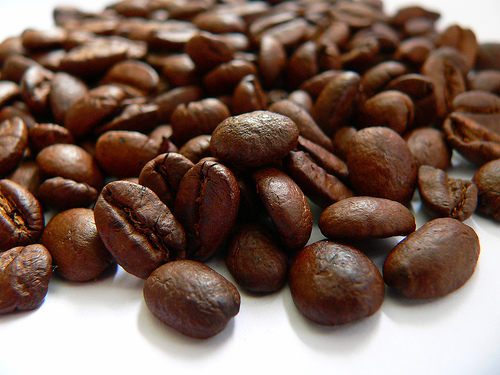Caffeine Anxiety and sleep disorders
 Cas No. [58-08-2]
Two infrequently diagnosed caffeine-induced disorders that are
recognized by the American Psychological Association (APA) are
caffeine-induced sleep disorder and caffeine-induced anxiety
disorder, which can result from long-term excessive caffeine intake.
In the case of caffeine-induced sleep disorder, an individual
regularly ingests high doses of caffeine sufficient to induce a
significant disturbance in his or her sleep, sufficiently severe to
warrant clinical attention.
In some individuals, the large amounts of caffeine can induce
anxiety severe enough to necessitate clinical attention. This
caffeine-induced anxiety disorder can take many forms, from
generalized anxiety to panic attacks, obsessive-compulsive symptoms,
or even phobic symptoms. Because this condition can mimic organic
mental disorders, such as panic disorder, generalized anxiety
disorder, bipolar disorder, or even schizophrenia, a number of
medical professionals believe caffeine-intoxicated people are
routinely misdiagnosed and unnecessarily medicated when the
treatment for caffeine-induced psychosis would simply be to stop
further caffeine intake. A study in the British Journal of Addiction
concluded that caffeinism, although infrequently diagnosed, may
afflict as many as one person in ten of the population. Co
administration of theanine was shown to greatly reduce this
caffeine-induced anxiety.


>>
New Product
Introduced :
Oseltamivir
Phosphate,
Phenyl Propanolamine,
Phenylephrine,
Etafedrine

|

 We all know that one of the most
powerful chemical compounds found in both coffee and tea is
caffeine. Has caffeine become an important part of your daily life?
Did you know We all know that one of the most
powerful chemical compounds found in both coffee and tea is
caffeine. Has caffeine become an important part of your daily life?
Did you know
Article : What Is Caffeine?
 Caffeine is a drug that is naturally
produced in the leaves and seeds of many plants. It's also produced
artificially and added to certain foods. Caffeine is defined as a
drug because it stimulates the central nervous system, causing
increased alertness. Caffeine gives most people a temporary energy
boost and elevates mood. Caffeine is a drug that is naturally
produced in the leaves and seeds of many plants. It's also produced
artificially and added to certain foods. Caffeine is defined as a
drug because it stimulates the central nervous system, causing
increased alertness. Caffeine gives most people a temporary energy
boost and elevates mood.
Caffeine is in tea, coffee, chocolate, many soft drinks, and pain
relievers and other over-the-counter medications. In its natural
form, caffeine tastes very bitter. But most caffeinated drinks have
gone through enough processing to camouflage the bitter taste.
Teens usually get most of their caffeine from soft drinks and energy
drinks. (In addition to caffeine, these also can have added sugar
and artificial flavors.) Caffeine is not stored in the body, but you
may feel its effects for up to 6 hours.
![Caffeine Cas No. [58-08-2]](caffeine/CAFFEINE%20LOGO%20SMALL.bmp)
|


